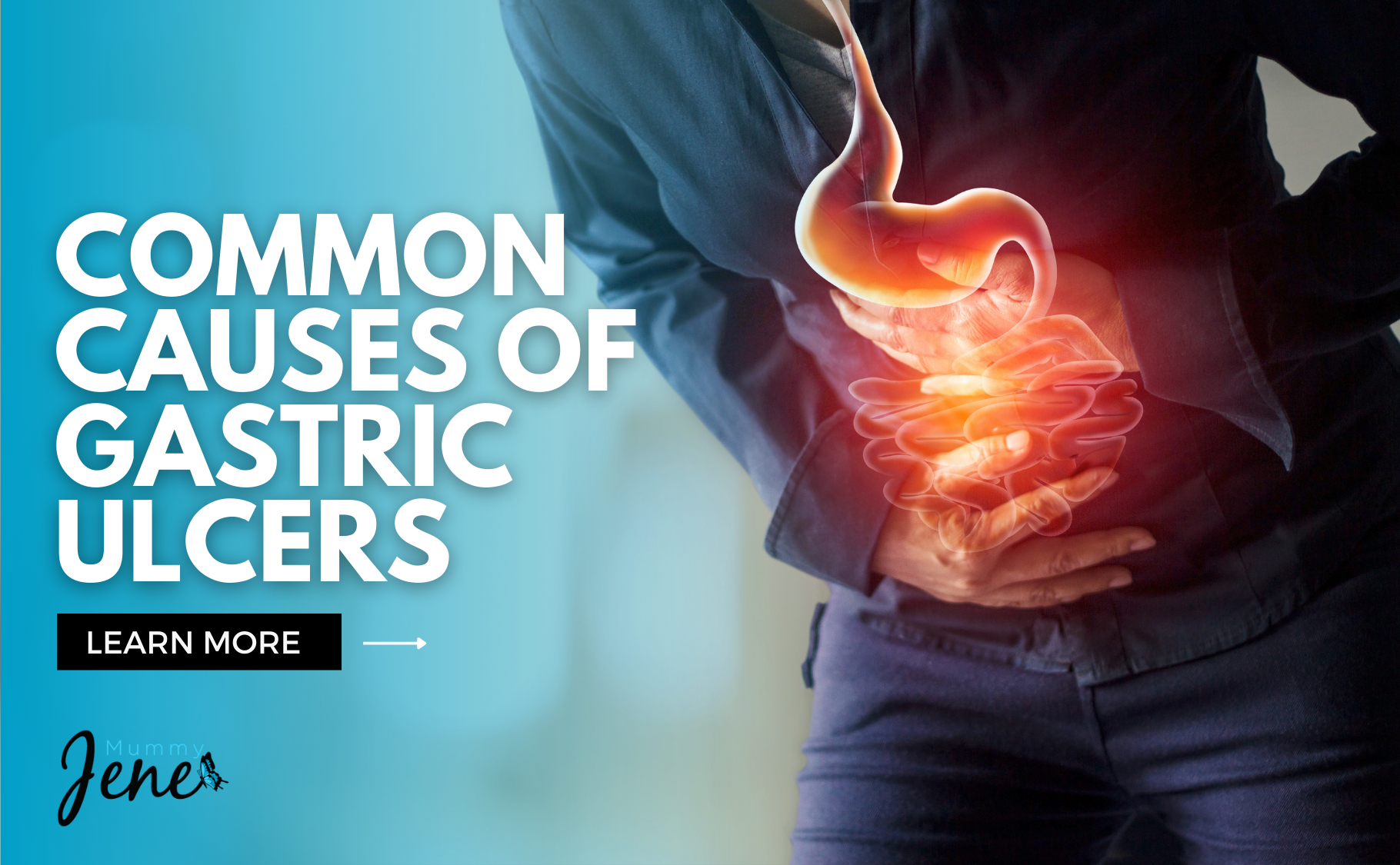People who have stomach ulcers suffer gnawing abdominal pain and nausea. The burning sensation in the stomach usually occurs when you are hungry. Other symptoms are indigestion and heartburn. Even though not all stomach ulcers are painful, it is important to know how to avoid and treat this condition. Learning the causes of gastric ulcers is the first step to managing this condition and avoiding even more severe complications. So what causes gastric ulcers?
Causes Of Gastric Ulcers
Infection with helicobacter pylori bacteria. Prevention from this ulcer cannot do it. However, you can reduce the risk and discomfort by limiting your use of NSAID drugs. It is caused by overdosing and taking NSAID drugs or anti-inflammatory drugs and non-steroidal drugs for a long time. Few studies suggest that certain foods and stress can also cause gastric ulcers. However, it is proven that certain foods and stress can trigger and make existing gastric ulcers worse.
Treatment Of Stomach Ulcer
Antibiotics kill the bacteria if the ulcer is caused by Helicobacter pylori bacterial infection. This treatment usually takes from two to three weeks. Triple therapy- if an overdose of NSAID drugs causes the ulcer, this treatment is prescribed. It is a combination of antibiotics and PPI or proton pump inhibitors. The treatment may take up to eight weeks, and doctors also recommend paracetamol as a substitute for NSAIDs. Antacids – over-the-counter antacids are also used to reduce the symptoms temporarily.
Symptoms Of Ulcer
- Vomiting and nausea
- Passing tar-like stools
- Sharp pain in the stomach
If you have these symptoms, it is a sign that you must see your doctor immediately.
Ulcer Management
Though it is unlikely to happen, ulcers can come back after treatment when it is triggered. It occurs when the root cause of your ulcer is not addressed. It is vital to address the cause of your ulcer to avoid complications that can be life-threatening. When your ulcer becomes severe, you will need surgery. The main difficulties are; bleeding in the ulcer site, perforation, and gastric obstruction. Avoid acidic foods and foods containing caffeine and alcohol. These foods will trigger the symptoms of ulcers and make the pain worse. Living with gastric ulcers requires a change in your lifestyle and eating habits. Smoking and eating foods that trigger gastric ulcers should be avoided. Keep a balanced diet and eat only small amounts of food to prevent pain.








